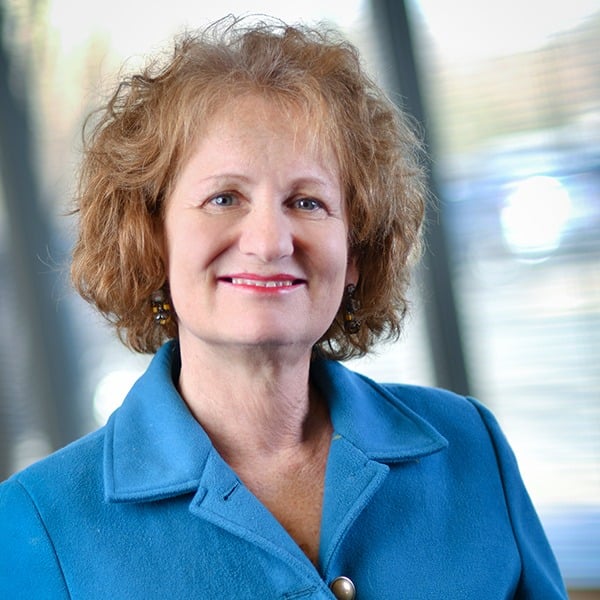 Developing physician leaders is recognized as an important measure for the success of healthcare organizations. For example, strong physician representation in leadership has been linked with quality patient care and patient satisfaction.
Developing physician leaders is recognized as an important measure for the success of healthcare organizations. For example, strong physician representation in leadership has been linked with quality patient care and patient satisfaction.
Physician leadership is also associated with improved provider engagement and stronger alignment with administration. When asked why physicians don’t trust hospitals as partners, 56 percent said it’s because there is not enough physician leadership and/or representation on the board, according to a report by PricewaterhouseCoopers Health Research Institute.
But physicians are not always prepared to handle the changes and challenges facing healthcare leaders today. According to Ana Pujols McKee, MD, executive vice president and chief medical officer of the Joint Commission, “Most physician leaders are tossed into their roles without any prep work. They are not sufficiently prepared to take on their new responsibilities.”
 What are the challenges physician leaders face today and what do they need to learn to effectively ensure quality patient care, patient satisfaction and provider engagement?
What are the challenges physician leaders face today and what do they need to learn to effectively ensure quality patient care, patient satisfaction and provider engagement?
In August, 2015, the Physicians Foundation, in partnership with Brandeis University, facilitated a conference focused on building a physician leadership curriculum to empower physicians to navigate today’s complex and ever-changing healthcare system. In preparation, they conducted a survey of top challenges faced by physician leaders today and discovered the following:
- Administrative challenges: Increasing levels of paperwork, recruiting physicians, physician buy-in to changing rules and quality metrics reporting and overall bureaucratic management issues
- Monetary consideration: Financial pressures, income concerns, reimbursement challenges tied to quality reporting metrics (related to both government and commercial payers)
- Health system changes: Lack of definition and specificity with quality improvement requirements and measures, changing payment and delivery models (e.g., ACOs, value-based payment models such as bundled payments), significant disconnect between patient care needs and healthcare system stipulations
How to develop strong physician leaders:
The good news is leadership skills can be taught. “Make no mistake: physicians can learn leadership skills just as they mastered biochemistry and human physiology,” says Robert Pearl, MD, CEO of the Permanente Medical Group. Physician coach Fred Tobis, MD agrees saying “While certain personality traits make leadership skill acquisition easier for some and harder for others, the overwhelming majority of physicians can learn to be effective physician leaders.”
Peer Coaching
According to Stewart D. Friedman, Practice Professor of Management at the Wharton School and founding director of The Wharton Leadership Program, “Peer coaching is enormously valuable, at this stage and throughout (the leadership development process), because an outside perspective provides a sounding board for your ideas, challenges you, gives you a fresh way to see the possibilities for innovation and helps hold you accountable to your commitments.”
Peer coaching provided by physicians who are experienced, trained and passionate about supporting other physicians is an extremely effective method of developing strong leadership skills for current and emerging physician leaders.
We Can Help
VITAL WorkLife has experienced peer coaches who help physician clients develop skills for more effective leadership and management within healthcare organizations. Whether a resident wants to demonstrate high potential for leadership or an organization wants to ensure an identified physician develops the skills for leadership roles, our coaching and support can help achieve these goals.
These coaches are all physicians who have years of experience practicing medicine and now are full or part time coaches — most have coaching certification and all are experienced mentors and passionate about assisting others in medicine. To meet the demanding schedules of physicians and providers, coaching is typically provided telephonically or through a video platform vehicle such as zoom
To learn more about Peer Coaching for your physicians and providers, contact us online or at 877.731.3949.
Sources:
"Physician Leadership: Myths & Facts." Center for Physician Leadership. Web. 06 June 2016.


